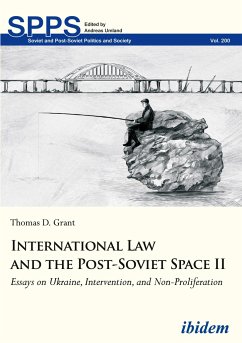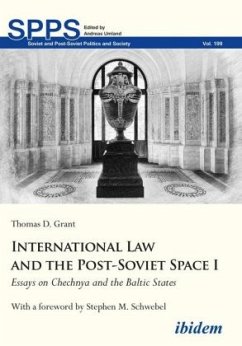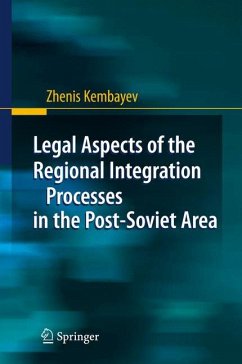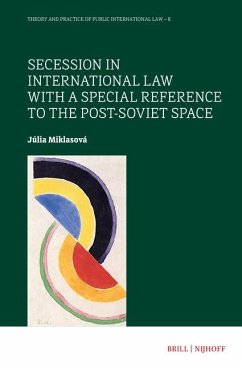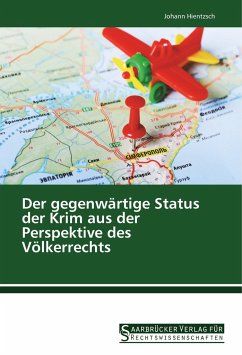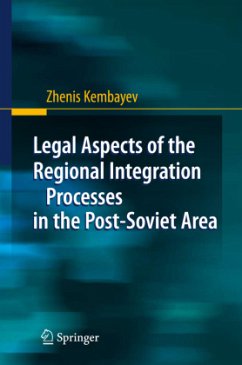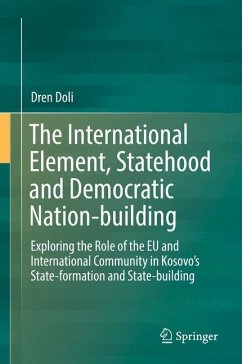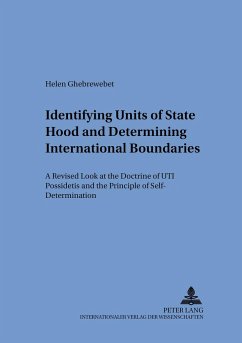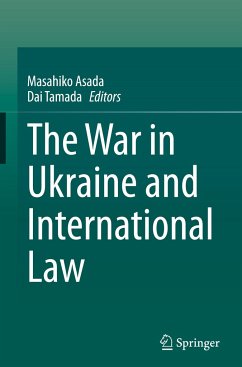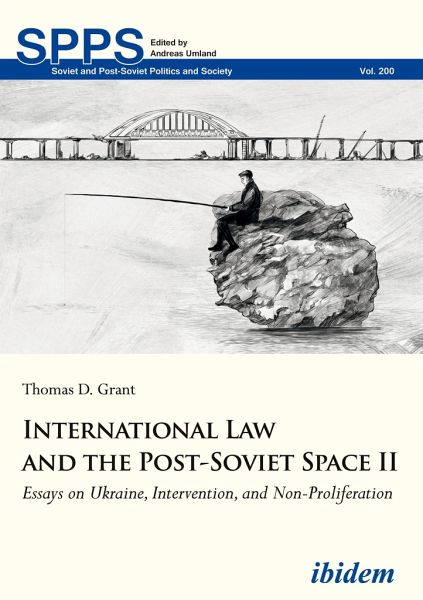
International Law and the Post-Soviet Space II

PAYBACK Punkte
0 °P sammeln!
This volume deals with legal issues concerning Russia's annexation of Crimea and intervention in the Donbas, so-called 'frozen conflicts' and 'hybrid warfare,' the use of courts and tribunals to address armed aggression, and the implications of recent events for the security guarantees connected to nuclear non-proliferation. Continuing from the first volume, which contains Parts One and Two on Chechnya and the Baltic States, this book is comprised of Part Three-Ukraine and other successor States: Territorial Integrity and its Challengers in the Post-Soviet Space; Part Four-Intervention and Int...
This volume deals with legal issues concerning Russia's annexation of Crimea and intervention in the Donbas, so-called 'frozen conflicts' and 'hybrid warfare,' the use of courts and tribunals to address armed aggression, and the implications of recent events for the security guarantees connected to nuclear non-proliferation. Continuing from the first volume, which contains Parts One and Two on Chechnya and the Baltic States, this book is comprised of Part Three-Ukraine and other successor States: Territorial Integrity and its Challengers in the Post-Soviet Space; Part Four-Intervention and International Law; Part Five-Legal Proceedings and Unlawful Claims; and Part Six-Non-Proliferation after Budapest.



